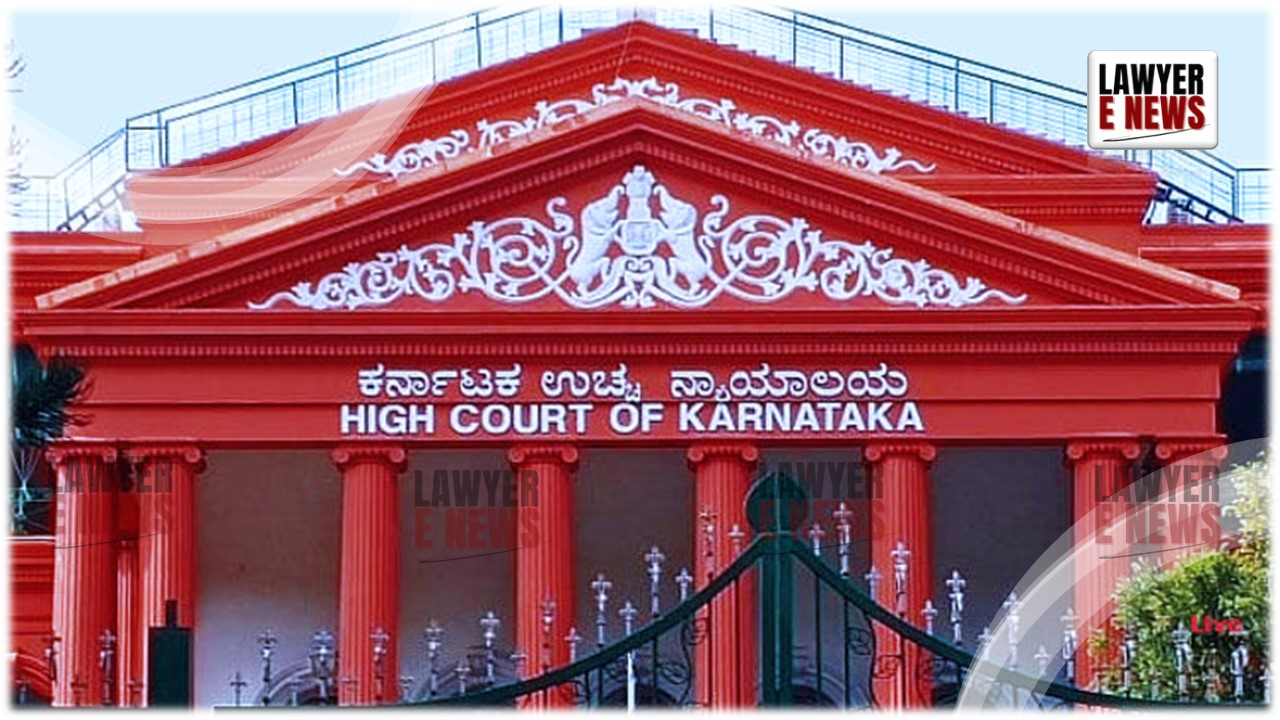-
by Admin
15 February 2026 5:01 PM



High Court emphasizes written acknowledgements and reduces liability in HMT Watches and Darshak Marketing dispute.
The High Court of Karnataka at Bengaluru has partially allowed the appeal of M/s Darshak Marketing in a protracted contract dispute with HMT Watches Limited. The judgment, rendered by a bench comprising Hon’ble Mr. Justice Krishna S. Dixit and Hon’ble Mr. Justice Ramachandra D. Huddar, underscores the importance of written acknowledgements in establishing settlement terms and applies the doctrine of indoor management to protect the appellants. The court has modified the original decree, reducing the liability of the appellants to Rs. 18,98,000/-.
The dispute arose from a money suit filed by HMT Watches Limited against M/s Darshak Marketing, seeking recovery of Rs. 2,72,64,208.91 with interest. The trial court had decreed a partial sum of Rs. 1,03,91,700/- with future interest. The appellants contested this decree, arguing that a settlement had been reached for a lesser amount, supported by documentary evidence which the trial court allegedly overlooked.
The High Court found that the trial judge had disregarded critical written acknowledgements and documents, such as Ex.D-3 to Ex.D-6, which indicated a settlement amount of Rs. 18.98 lakh, of which Rs. 10 lakh was already paid. “These documents could not have been disregarded by the learned trial Judge,” the bench stated, highlighting their significance in proving the terms of the settlement and the amount due.
Addressing the applicability of the doctrine of indoor management, the court noted, “What all transaction happens within the Board of the HMT is a matter of Indoor Management and the outsiders like the appellants will not have any access to the same. That is how the doctrine of Indoor Management comes to the aid & rescue of the outsiders like the appellants herein.” The court rejected the contention that the acknowledgements by HMT’s Joint General Manager were unauthorized, emphasizing the lack of evidence showing disciplinary action against the officer.
The judgment discussed the legal principles governing contract disputes, particularly the relevance of written acknowledgements in settling accounts. The court emphasized the doctrine of indoor management, protecting external parties from internal irregularities within a company. The court concluded that the appellants were liable only for the amount acknowledged in the settlement, minus the sums already paid.
“The document at Ex.D-3 dated 25.09.2004 was confronted to PW-1 in cross-examination; he did not fully deny it, but only said he was not aware of it,” the bench observed, underscoring the evidentiary value of the written acknowledgements.
The High Court’s judgment modifies the trial court’s decree, reducing the appellants’ liability and directing the appellants to deposit an additional Rs. 20,00,000/- for full and final settlement. This decision reinforces the importance of written acknowledgements in contract disputes and upholds the doctrine of indoor management, providing clarity for future corporate transactions.
Date of Decision: July 04, 2024
